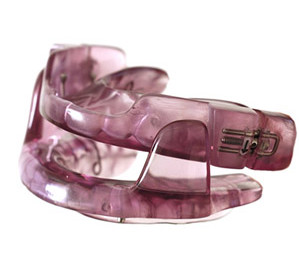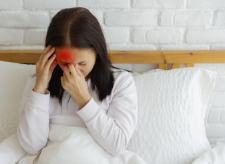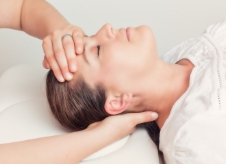About Sleep Apnea
Sleep apnea is a disorder where a person’s ability to breathe is impaired, resulting in a restless sleep and remaining tired all the time.

Historically the first choice of treatment for obstructive sleep apnea (OSA) was with the medical community. This is a mask that fits over the patient’s nose and mouth and blows air into the lungs; the patient would sleep with this strapped to their head.
They face potential life threatening health problems such as high blood pressure, heart disease, type 2 diabetes, weight gain, acid reflux and car accidents.
The American Academy of Sleep Medicine has designated dental sleep appliances as the number one treatment alternative for obstructive sleep apnea.
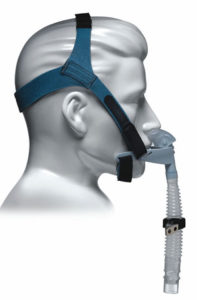
When an individual’s teeth are separated (the bite is opened up), the airway in the back of the throat expands. A bite position that establishes maximum air intake can be determined. Using this information, a dental mouthpiece can be constructed that will hold the mouth in the proper position.
Cutting-edge dental technology has enabled the dental field to play an effective role in combating sleep apnea for a large number of patients. The procedures and techniques used are recognized by the American Medical Association, the American Dental Association, and the rank and file of medical sleep practitioners (pulmonologists, ENTs, and sleep laboratory personnel).
The type of appliance used and the skill of the practitioner fabricating, fitting and adjusting the appliance ultimately determine its success.
Our providers have extensive training in sleep medicine and is a member of the American Academy of Dental Sleep Medicine and board certified with the American Board of Orofacial Pain, making him one of the best qualified doctors to treat sleep apnea with an oral appliance.
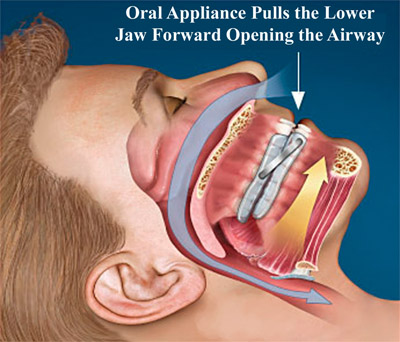
Do You Suffer from Obstructive Sleep Apnea and/or Snoring?
- Do you have excessive daytime sleepiness?
- Do you awake feeling un-refreshed?
- Do you awake in the morning or during the night with a headache?
- Do you have heartburn or a sour taste in the mouth at night?
- Do you have episodes of not breathing (apnea)?
- Are you aware that you snore loudly?
- Do you find yourself tossing and turning during sleep?
- Have you ever had nighttime choking or gasping spells?
- Have you been diagnosed with having high blood pressure or obesity?
The more times you answered “yes,” the more likely it is that you suffer from obstructive sleep apnea. Sleep apnea can be potentially life threatening and should be treated.
